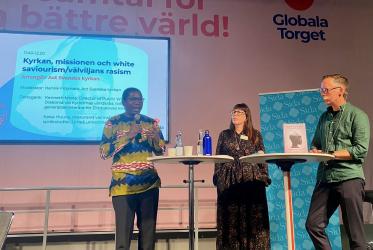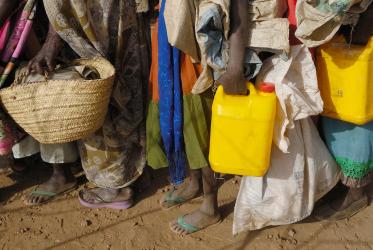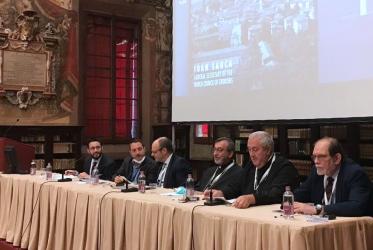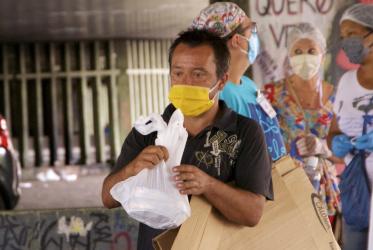Displaying 1 - 20 of 112
15 November 2023
2022 Social Forum: Water for human rights and sustainable development
03 - 04 November 2022
Palais des Nations in Geneva, Switzerland
Ukraine: Responding to humanitarian need
08 September 2022
Scottish and UK religious leaders call for urgent climate action
20 September 2021
Morning Prayer for Monday, 29 March 2021
29 March 2021


















